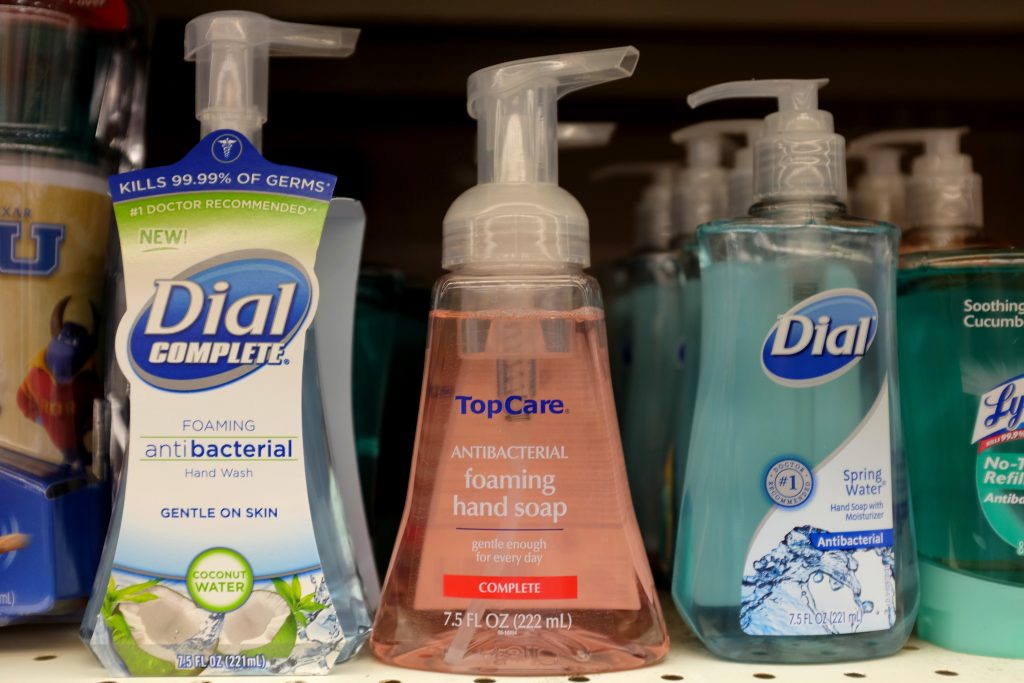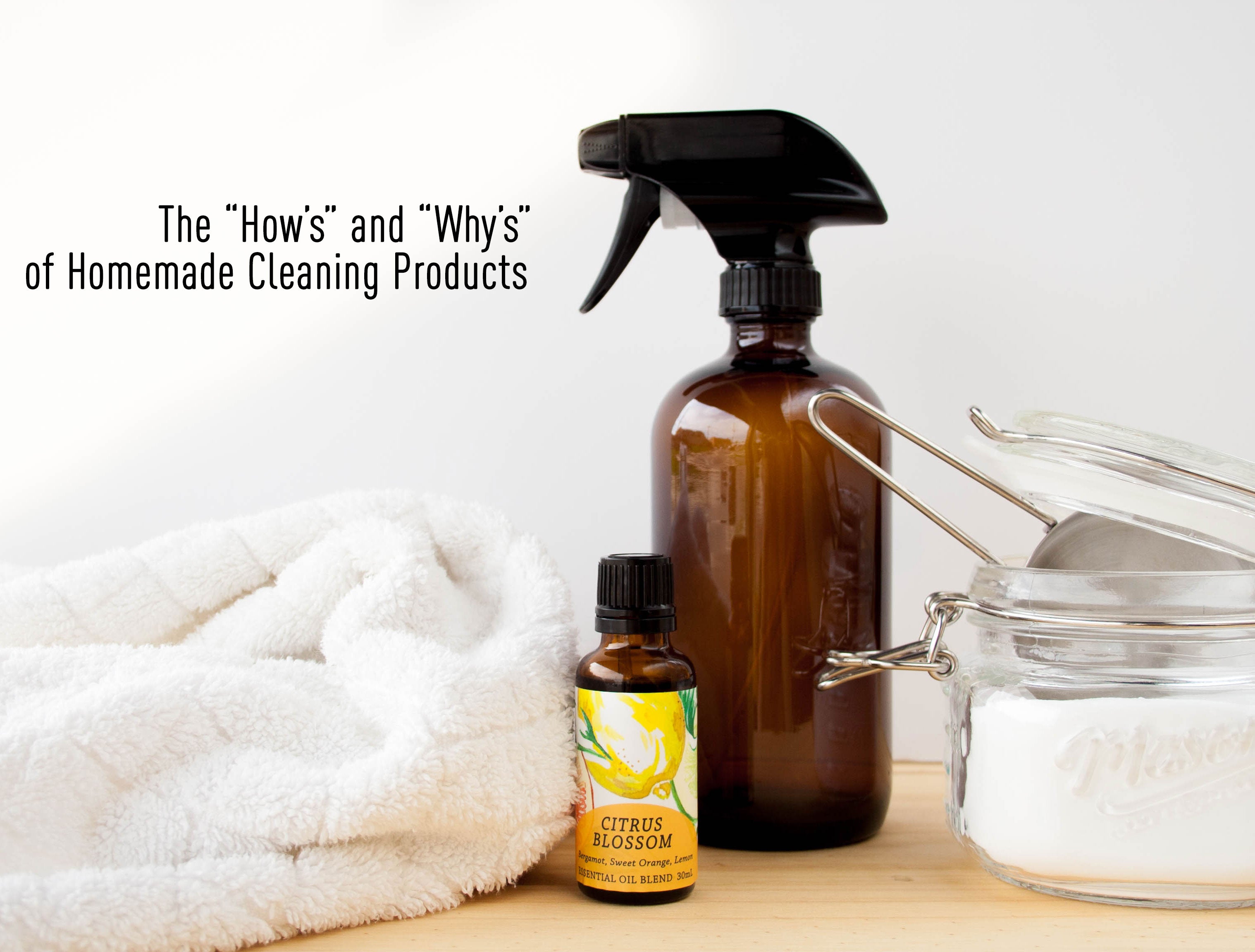
The Myth of Antibacterial Soaps
We get asked many times if our soaps are “antibacterial” and exactly what are antibacterial soaps. I wanted to share some scientific background and information from the FDA, who has done a lot of research investigating antibacterial soaps. A link to the FDA article is included at the end of this section.
Soaps labeled as “Antibacterial” contain FDA-regulated chemicals not found in plain soaps. Historically, manufacturers widely used triclosan or triclocarban, however in 2018 these chemicals were banned by the FDA. These chemicals may kill germs in a petri dish, but according to the FDA, they are no more effective at providing protection against disease and infection than washing with just soap and water. Further, the FDA finds significant scientific and clinical evidence that these chemical are harmful to animals and aquatic life. According to Dr. Theresa M. Michele, of the FDA’s Division of Nonprescription Drug Products: “If you use these products because you think they protect you more than soap and water, that’s not correct. If you use them because of how they feel, there are many other products that have similar formulations but won’t expose your family to unnecessary chemicals.”
So there’s no reason to use antibacterial soaps, and many reasons not to do so! Our natural soaps are effective not only because they break down the cellular membrane of the bacteria but because they are excellent at washing it away!
The other difference with our soaps is the addition of essential oils. There have numerous studies performed on the antimicrobial efficacy of essential oils, and initial work has repeatedly shown that many of them are effective in eliminating or reducing the activity and viability of bacteria, fungi, and viruses. One study that evaluated a blend containing eucalyptus, rosemary, cinnamon, and carrot seed essential oils in a carrier oil showed them to be very effective, without the risk of creating resistant bacteria or viruses (due to their mechanism of action which directly causes breakdown of the cell structures – much like soap – but doesn't result in mutation that can cause resistant strains of bacteria or viruses). I’ve included a link to that research article at the end of this topic as well. You may also want to note that our Bandit’s Oil blend contains eucalyptus, rosemary and cinnamon as well as lemon and clove essential oils, making it is a good choice for all-around cleanliness and antimicrobial activity.
One important word of caution about essential oils – they can also cause damage to other cells if used at too high of concentrations or taken internally, so it’s important to know what you’re doing and be careful. We carefully formulate all our products utilizing the recognized safety data for concentrations and amounts in products that contact your skin. Of course, just because something is a natural product doesn’t mean it’s always safe for everyone – think peanut allergy or poison ivy – so I also advise folks to test a small amount of any product with a new-to-you essential oil on a small area of skin for 24 hours just to make sure your body likes it!
The bottom line of this story is: pure, natural soaps like ours are the best approach to keeping your skin happy, and keeping you and your loved ones healthy!
FDA article: https://www.fda.gov/consumers/consumer-updates/antibacterial-soap-you-can-skip-it-use-plain-soap-and-water
Essential oil research paper: https://www.ncbi.nlm.nih.gov/pmc/articles/PMC5552930/pdf/MBO3-6-na.pdf




Leave a comment
This site is protected by hCaptcha and the hCaptcha Privacy Policy and Terms of Service apply.